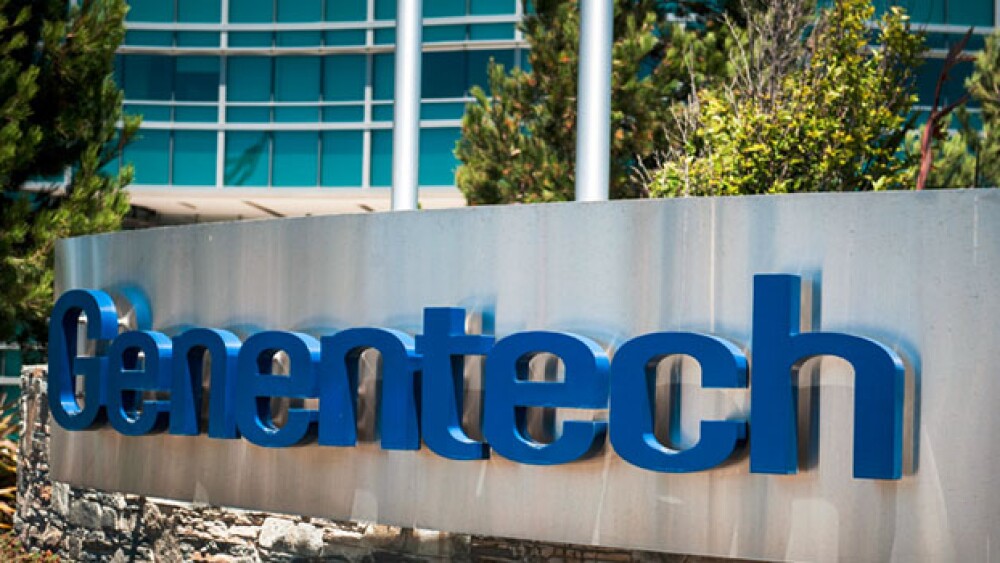Traditionally, Genentech has tended to operate with less hands-on scrutiny from the business bean counters at its Swiss Roche headquarters. These more recent job cuts suggest those days may be over.
On December 19, South San Francisco-based Genentech, a Roche company, filed with the State of California, indicating it planned to cut 83 jobs.
In August, Genentech cut 223 positions at its South San Francisco headquarters. Those layoffs went into effect on Aug. 31, according to the Worker Adjustment and Retraining Notification (WARN) posted on the California state government website.
Those layoffs came with little explanation, although a spokesperson said the company depended on its ability to “respond to change, appropriately allocate resources and manage our operations efficiently.” The changes followed a “business evaluation” and were to be completed by the end of November.
In 2017, Genentech slashed 130 jobs at its Vacaville, Calif. facility.
Traditionally, Genentech has tended to operate with less hands-on scrutiny from the business bean counters at its Swiss Roche headquarters. These more recent job cuts suggest those days may be over.
Of the recent cuts, Nadine Pinell, a Genentech spokeswoman, stated, “We have been evaluating our operations to ensure we remain well-positioned to meet the needs of patients today and deliver on our pipeline of new medicines in the future. As a result of this process, we have made the difficult decision to eliminate some positions. The positions are varied across departments.”
The company also indicated it is evaluating individual operations across the company to decide if there will be more layoffs this year.
Despite that, the company recorded a number of successes in December 2018 alone. On December 3, it announced new data from the Venclexta (venetoclax) clinical development program, which included longer-term results from its Phase III MURANO trial in patients with previously treated chronic lymphocytic leukemia (CLL) and updated data from two Phase Ib/II trials in patients with previously untreated acute myeloid leukemia (AML) who were ineligible for intensive chemotherapy because of coexisting medical conditions.
On December 4, the U.S. Food and Drug Administration accepted Genentech’s supplemental Biologics License Application (sBLA) and granted Priority Review for Tecentriq (atezolizumab) in combination with carboplatin and etoposide (chemotherapy) for first-line treatment of extensive-stage small cell lung cancer (ES-SCLC).
That was a busy week, because a day later, on December 5, the company announced that its Phase III KATHERINE trial met its primary endpoint, where Kadcyla (ado-trastuzumab emtansine) decreased the risk of disease recurrence or death by 50 percent compared to Herceptin (trastuzumab) as an adjuvant treatment in HER2-positive early breast cancer.
And on December 6, the FDA approved its Tecentriq in combination with Avastin (bevacizumab), paclitaxel and carboplatin (chemotherapy ) for first-line treatment of metastatic non-squamous non-small cell lung cancer (NSCLC) with no EGFR or ALK genomic tumor aberrations.”
Genentech is typically viewed as the innovative heart of Roche, so cuts in that area can come as a bit of a surprise. That said, Roche has two big research-and-development groups, pRED and gRED, and there have been some suspicions that the two might be integrated, although Roche chief executive officer Severin Schwan has vehemently denied it.
Nonetheless, Tim Anderson, formerly an analyst with Bernstein, spoke with Schwan in 2018, and noted, “There are areas where he concedes Roche is not very productive, for example, data management. Roche is building data sets that share common systems across business units, where there’s not only an efficiency element, but also a productivity element when you can better share data. Roche has talked a lot about leveraging real-world data, but it starts with sharing your own data from your own clinical trials too. So, they’re doing both in parallel.”





